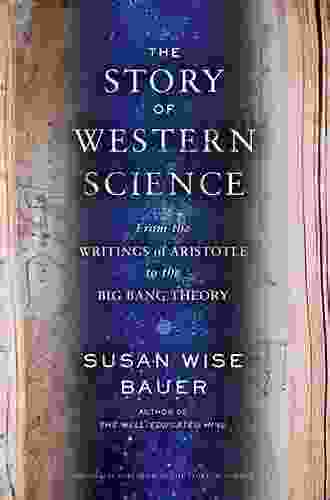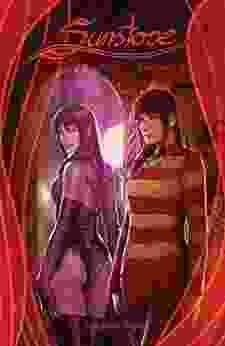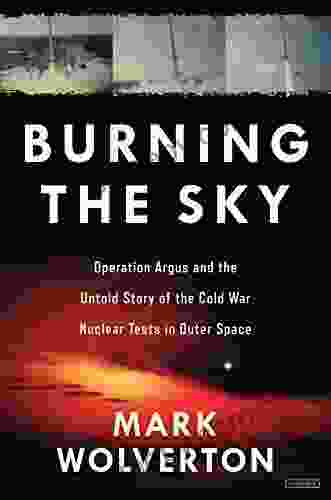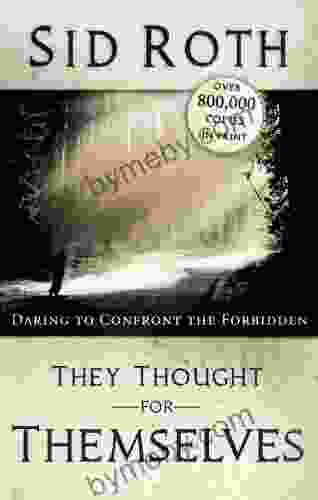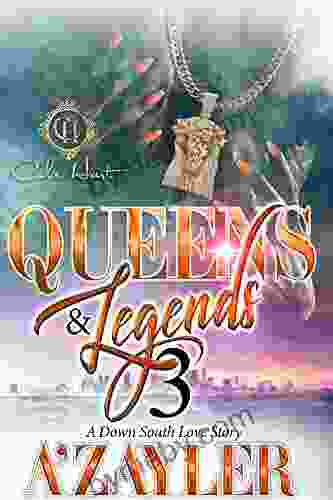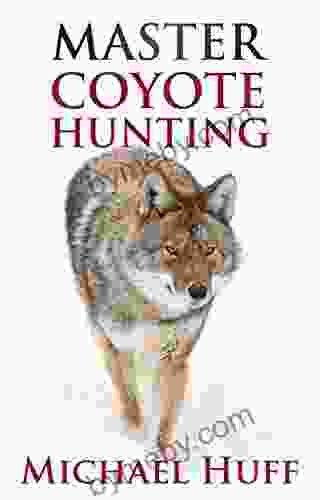From the Writings of Aristotle to the Big Bang Theory: A Journey Through the History of Science

Science is a never-ending journey of discovery. From the earliest humans who gazed up at the stars and wondered what made them move, to the scientists of today who are unraveling the mysteries of the universe, science has always been a driving force in human progress.
4.4 out of 5
| Language | : | English |
| File size | : | 2404 KB |
| Text-to-Speech | : | Enabled |
| Screen Reader | : | Supported |
| Enhanced typesetting | : | Enabled |
| Word Wise | : | Enabled |
| Print length | : | 337 pages |
In this book, we will take a journey through the history of science, from the writings of Aristotle to the Big Bang Theory. We will explore the major scientific discoveries that have shaped our understanding of the world, and we will meet the brilliant minds who made them possible.
Aristotle and the Birth of Science
Aristotle was a Greek philosopher who lived in the 4th century BC. He is considered to be the father of science because he was the first person to develop a systematic method for studying the natural world. Aristotle's method involved observing the world around him, making hypotheses, and then testing those hypotheses through experimentation.
Aristotle made many important contributions to science, including:
- He developed a system of logic that is still used today.
- He classified the different types of animals and plants.
- He studied the motion of objects and developed the laws of motion.
- He founded the field of astronomy.
Aristotle's work had a profound impact on the development of science. He helped to establish the scientific method as the foundation of scientific inquiry, and he laid the groundwork for many of the scientific discoveries that would be made in the centuries to come.
The Scientific Revolution
The Scientific Revolution was a period of great scientific progress that occurred in Europe during the 16th and 17th centuries. During this time, scientists began to challenge the traditional teachings of Aristotle and to develop new theories based on observation and experimentation.
Some of the most important figures of the Scientific Revolution include:
- Nicolaus Copernicus, who developed the heliocentric theory of the universe.
- Tycho Brahe, who made accurate observations of the stars and planets.
- Johannes Kepler, who developed the laws of planetary motion.
- Galileo Galilei, who developed the telescope and made important discoveries about the solar system.
- Isaac Newton, who developed the laws of motion and gravity.
The Scientific Revolution had a profound impact on the development of science. It led to the overthrow of the Ptolemaic system of the universe and the establishment of the heliocentric system. It also led to the development of new scientific instruments and methods, and to the discovery of many new scientific laws.
The 19th and 20th Centuries
The 19th and 20th centuries were a time of great scientific progress. During this time, scientists made important discoveries in many different fields, including:
- Physics: Albert Einstein developed the theory of relativity, which revolutionized our understanding of space, time, and gravity.
- Chemistry: Dmitri Mendeleev developed the periodic table, which organizes the chemical elements according to their atomic number.
- Biology: Charles Darwin developed the theory of evolution, which explains how species change over time.
- Geology: James Hutton developed the theory of uniformitarianism, which states that the Earth's geological processes have been the same throughout history.
The scientific discoveries of the 19th and 20th centuries have had a profound impact on our understanding of the world. They have led to the development of new technologies, such as the computer and the internet, and they have helped us to understand many of the fundamental laws of nature.
The 21st Century and Beyond
The 21st century is a time of great scientific promise. Scientists are making new discoveries every day, and we are on the verge of understanding many of the greatest mysteries of the universe.
Some of the most exciting areas of scientific research today include:
- Artificial intelligence: Scientists are developing new artificial intelligence technologies that could revolutionize the way we live and work.
- Climate change: Scientists are studying the effects of climate change and developing new ways to mitigate its impact.
- Space exploration: Scientists are exploring the solar system and beyond, looking for new planets and life forms.
The 21st century is a time of great scientific opportunity. With the continued progress of science, we can expect to make even greater discoveries in the years to come.
4.4 out of 5
| Language | : | English |
| File size | : | 2404 KB |
| Text-to-Speech | : | Enabled |
| Screen Reader | : | Supported |
| Enhanced typesetting | : | Enabled |
| Word Wise | : | Enabled |
| Print length | : | 337 pages |
Do you want to contribute by writing guest posts on this blog?
Please contact us and send us a resume of previous articles that you have written.
 Book
Book Novel
Novel Page
Page Chapter
Chapter Text
Text Story
Story Genre
Genre Reader
Reader Library
Library Paperback
Paperback E-book
E-book Magazine
Magazine Newspaper
Newspaper Paragraph
Paragraph Sentence
Sentence Bookmark
Bookmark Shelf
Shelf Glossary
Glossary Bibliography
Bibliography Foreword
Foreword Preface
Preface Synopsis
Synopsis Annotation
Annotation Footnote
Footnote Manuscript
Manuscript Scroll
Scroll Codex
Codex Tome
Tome Bestseller
Bestseller Classics
Classics Library card
Library card Narrative
Narrative Biography
Biography Autobiography
Autobiography Memoir
Memoir Reference
Reference Encyclopedia
Encyclopedia Sheryl Shade
Sheryl Shade Tom Rea
Tom Rea Yvon Chatelin
Yvon Chatelin Timothy Andrews Sayle
Timothy Andrews Sayle Louise Greenspan
Louise Greenspan Syougo Kinugasa
Syougo Kinugasa Sheila Boysen Rotelli
Sheila Boysen Rotelli Vivian Faith Prescott
Vivian Faith Prescott Soon Ho Jeon
Soon Ho Jeon Bethany Hamilton
Bethany Hamilton Stella Benson
Stella Benson Supersummary
Supersummary Yuval Noah Harari
Yuval Noah Harari William Laird Mckinlay
William Laird Mckinlay Phyllis Reynolds Naylor
Phyllis Reynolds Naylor Steve Oakes
Steve Oakes Tina Nunno
Tina Nunno Steve Raible
Steve Raible Virginia Matheson Hooker
Virginia Matheson Hooker Shoshana Levin Fox
Shoshana Levin Fox
Light bulbAdvertise smarter! Our strategic ad space ensures maximum exposure. Reserve your spot today!

 Samuel Taylor ColeridgeUnveiling the Lieutenant Governors of British Columbia: A Legacy of...
Samuel Taylor ColeridgeUnveiling the Lieutenant Governors of British Columbia: A Legacy of...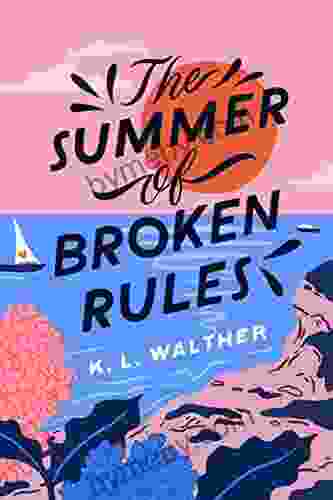
 José SaramagoDive into the Enchanting Summer of Broken Rules: A Literary Escape You Won't...
José SaramagoDive into the Enchanting Summer of Broken Rules: A Literary Escape You Won't... Harry HayesFollow ·4.9k
Harry HayesFollow ·4.9k Hugh ReedFollow ·10.1k
Hugh ReedFollow ·10.1k William FaulknerFollow ·14k
William FaulknerFollow ·14k Ivan CoxFollow ·12.8k
Ivan CoxFollow ·12.8k Doug PriceFollow ·15.7k
Doug PriceFollow ·15.7k Fyodor DostoevskyFollow ·5.8k
Fyodor DostoevskyFollow ·5.8k Stan WardFollow ·11.7k
Stan WardFollow ·11.7k Braeden HayesFollow ·3.7k
Braeden HayesFollow ·3.7k

 Donald Ward
Donald WardUnveiling the Enthralling World of "Belong to the Baddest...
In the vibrant and...

 José Martí
José MartíCrowned Crows of Thorne Point: A Literary Odyssey into...
In the realm of literary masterpieces,...
4.4 out of 5
| Language | : | English |
| File size | : | 2404 KB |
| Text-to-Speech | : | Enabled |
| Screen Reader | : | Supported |
| Enhanced typesetting | : | Enabled |
| Word Wise | : | Enabled |
| Print length | : | 337 pages |


